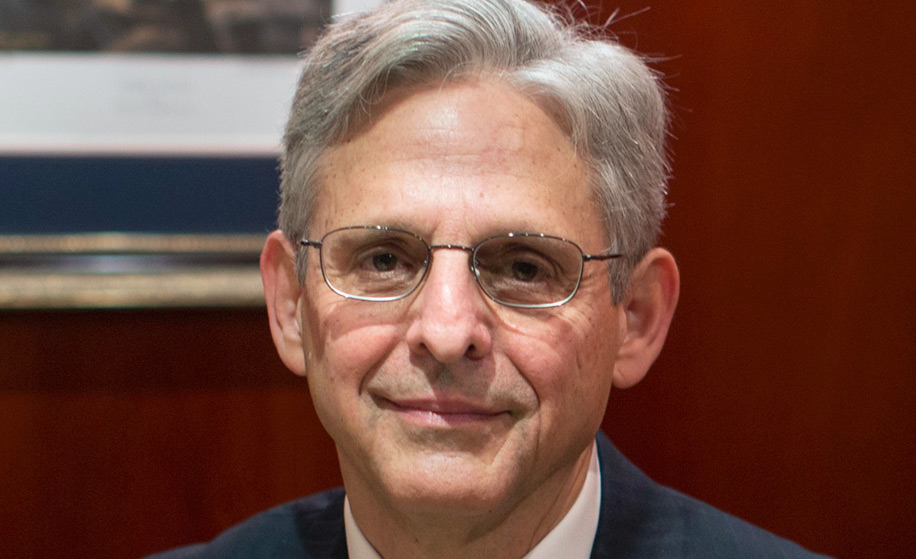Does this mean the DOJ and the January 6th Committee are working together after all?

As the January 6th Committee investigation has moved forward with some degree of transparency, and the DOJ’s January 6th investigation has moved forward mostly in secret with only occasional major leaks, one of the big questions has been whether the two investigative bodies are coordinating their efforts.
For instance, when the January 6th Committee asked that Steve Bannon be criminally indicted for contempt, the DOJ promptly did it. But when the committee then asked that Mark Meadows be criminally indicted for contempt, the DOJ held off doing so for months, while seemingly building a broader criminal case against Meadows. So are the two investigations on the same page or not?
Even with the criminal contempt referral against him pending, the January 6th Committee is still trying to get the courts to force Meadows to resume his cooperation with its probe. Some of the committee’s filings in that suit have been public, including the revelation that multiple House Republicans were colluding with Meadows to overthrow the election results. But it turns out the committee has also been making sealed filings against Meadows, for unknown reasons.
Yesterday, more than a dozen major news outlets asked the court to make those sealed filings public. The media’s motivation in this is obvious: it wants to be able to report on whatever is in those filings. The question is why the January 6th Committee is so insistent upon keeping these specific details about Meadows under seal, even while allowing other details about Meadows to surface in public filings.
One theory is that the committee simply wants to keep certain bombshells under wraps until its public hearings begin. But would it really be worth going to all that trouble in court, and to get into a legal battle with the media, just to keep these details secret for another month?
Dr. Allison Gill of “Mueller, She Wrote” fame may have hit on something when she theorized that the January 6th Committee may be attempting to keep these details about Meadows under wraps, because the DOJ doesn’t want pieces of its broader criminal case against Meadows to surface before his inevitable indictment.
This would suggest one of two things. Either the DOJ is asking the committee to keep certain details of the Meadows case under seal as a courtesy, or the DOJ gave those details of the Meadows case to the committee under the condition that they be kept under wraps until after a certain investigative timeframe. Either way, it would mean the DOJ and the January 6th Committee have been working together on some unknown level – which would be a fascinating twist heading into the committee’s public hearings and the DOJ’s eventual indictment season.
